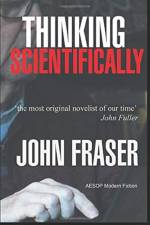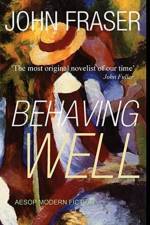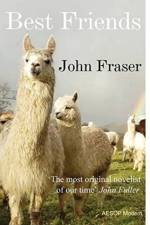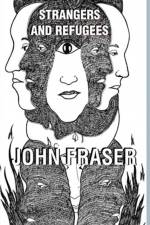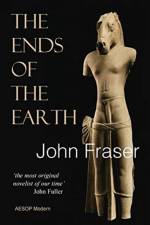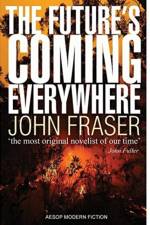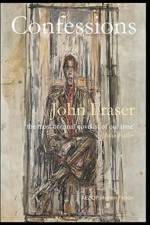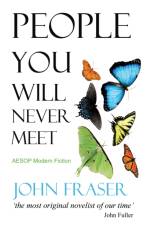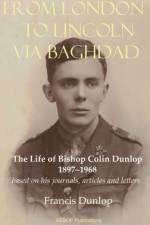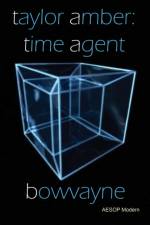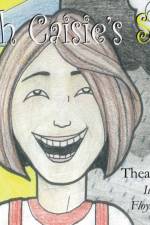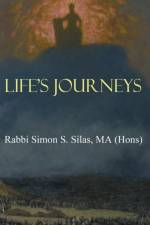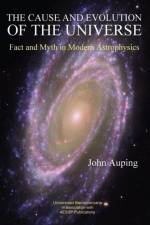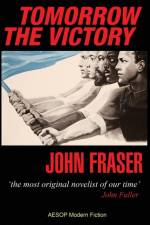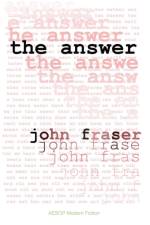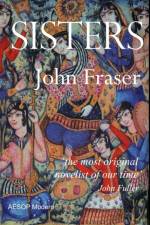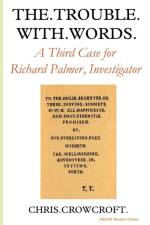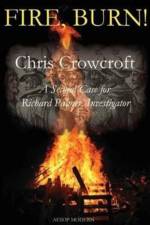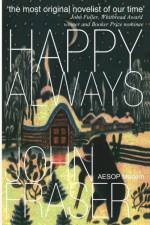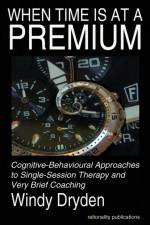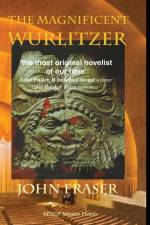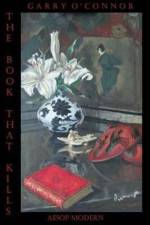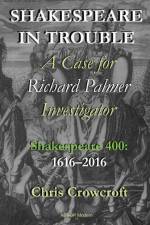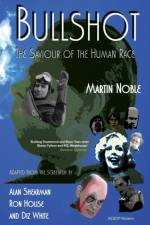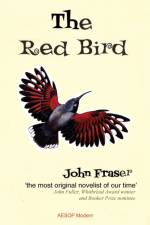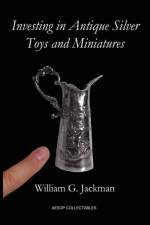av John Fraser
287
Behaving Well consists of three stories on a related theme: When people are forced to leave their home, in the new place they're often told to 'behave themselves' or be sent back, to to somewhere else. In jail or equivalent, they - everyone - may be let go early for 'good behaviour'. Behaving well is a condition for staying somewhere - even somewhere you don't want to be - and 'going back' may pose dilemmas even more problematic than behaving badly. You find yourself in a chain of ill-fortunes and tragedies - a nakba, a catastrophe as one aspect of it has been called. What other rules exist, except our efforts at 'behaving well'? But, you change, through life; you watch injustices you say you cannot remedy. And your behaviour changes, together with its driving principles. If you want history - you can't have good behaviour. Good Behaviour: Alex, undocumented immigrant, is inspired, shadowed, by the adventures of Alexander, the Great. No one says Alexander behaved well - but he acted! He transformed. He shaped the classical world, scattered Greeks all over, changed cultures, till his suicidal addictions finished him. Alex starts precarious: is jailed, meets a real hero, Valerio - joins the ex-prisoners and outcasts in a barren place. There, they improvise a polity - growing natural drugs, organising an army. Valerio is their inspiration, their guide. Alex teams up with Anicette, whose inspiration is the book 'On Lying'. He spins out of control but his behaviour is consistent. People close to Alex behave in different ways, but all maintain their principles, Anicette as well. Anicette joins with a young ambitious woman, Mélisande. After the death of Alex, we see all who are left have indeed behaved well - at least, consistently. Alex, though, has acted, and imagined: the others, they only react. Anicette concludes, instructing Mélisande - the only judge of our behaviour is ourself. Misconduct: Does behaving well count for something? It doesn't seem to matter for success and failure, revelation or obscurity. In Misconduct, Matti, a political exile with aspirations of humanistic value, tries to make a life - maintaining principles, but surviving - the betrayal of his partner, unofficial enslavement. He wanders, has adventures - becomes a military strategist, travels to the stepps with a lady jockey - but his life is seeing others ride away, betray, or suffer punishments, promotions - which he's been unabvle to prevent or even understand. Ultimately, his organisation gives him the mission - to assassinate the Chief. To do so means his organisation will be expunged - a mass non-violent movement, non-violent, exposed. But for the otther opposition, assassination means a civil war that they are bound to lose. Matti would betray his principles, his own morality - and probably involve all oppositions in disaster. But - loyalty, behaving well or badly - he has no choice. Many real circumstances involve the exiled militants in just this - perfidious - choice.Catastrophe: The catastrophe is that everything happens comes to an end - without a scrap of meaning, still less justice, truth, equity. Some people behave very poorly: Yannick who has 'saved' Hana and enslaved her, Pavel .... for others, the behaviour is just on the edge of awful - Typhaine .... Dr Hoffman sees and can do nothing except register. Hana has character, but no context where the character can assert itself or, indeed, be good or bad.

